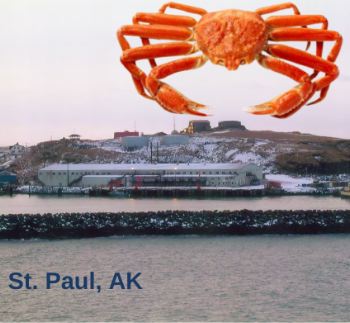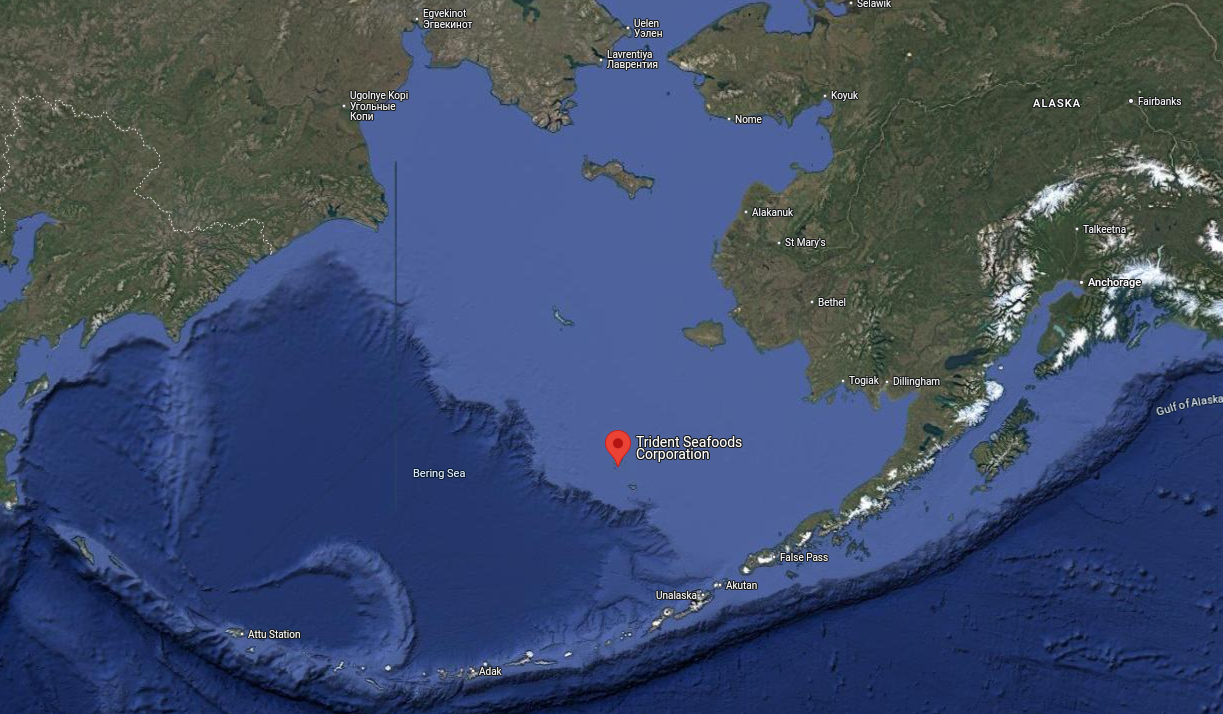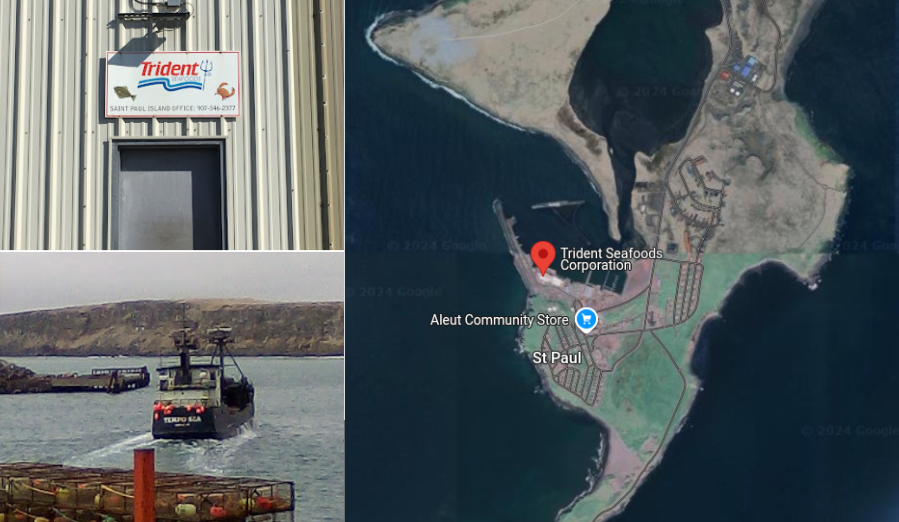|

Located 770 miles southwest of Anchorage in the middle of the Bering Sea, Trident’s St. Paul facility is the largest crab processing plant in the worl
Trident Unlikely to Open Major Seafood Processing Facility, Leaving St. Paul Island Without Snow Crab for Third Consecutive Year
 UNITED STATES
UNITED STATES
Friday, October 11, 2024, 00:10 (GMT + 9)
The closure of the snow crab fishery has dealt a significant blow to the community of about 300 residents. City Manager Phil Zavadil noted earlier this year that while the city is managing, it is still missing out on approximately $3 million in tax revenue. He expressed hope for a small catch of crab to maintain stability, as reported by Maggie Nelson for Kyuk.
On Monday, Alaska processor Trident Seafoods announced that it is unlikely to process crab in the Pribilof Island community of St. Paul this season. This announcement follows the Alaska Department of Fish and Game’s recent decision to reopen the snow crab (or opilio) fishery after a two-year closure, which surprised many fishermen.
 Trident was also caught off guard. Shannon Carroll, the company’s Alaska director of public affairs and fisheries development, stated on Monday to the North Pacific Fishery Management Council that they did not anticipate the reopening. Trident was also caught off guard. Shannon Carroll, the company’s Alaska director of public affairs and fisheries development, stated on Monday to the North Pacific Fishery Management Council that they did not anticipate the reopening.
“To be frank, we never imagined being in this position just a few weeks ago,” he said. “I want to clarify that this is not a signal that we’re pulling out of St. Paul or discontinuing crab processing.”
Harvesters will have approximately 4.7 million pounds of snow crab to catch this season—a fraction of their historical harvests. According to Carroll, the low total allowable catch (TAC) makes it economically unfeasible to open the processing plant.
“The low TAC would result in significant losses just to operate in St. Paul,” Carroll explained.
St. Paul is a remote island in the Bering Sea, and Trident has previously touted its facility there as the largest snow crab processing plant in the nation. However, billions of crabs have disappeared from Alaska’s waters, leading to the fishery's shutdown in 2022. Shortly thereafter, the City of St. Paul declared a cultural, economic, and social emergency.

Photo: GoogleMap/FIS
The closure of the snow crab fishery has profoundly impacted the local community. Zavadil informed KUCB that the city has lost about 25 employees in the past three years, increased utility rates, and used savings to remain solvent. He reiterated hopes for a small crab harvest to stabilize the situation.
The reopening of the fishery could have offered some relief, but it now appears the community will not see any revenue from it. Keeping the plant closed may also leave harvesters with limited processing options.

Photo: GoogleMap/FIS
Carroll acknowledged to the North Pacific Fishery Management Council that several complex factors contributed to the company's decision.
“The primary issue is poor conditions in other fisheries, including pollock, salmon, and cod,” he said. “This means we can’t subsidize our St. Paul operations as we have in previous years during low TAC situations.”
Carroll added that the company plans to collaborate with stakeholders and the St. Paul community to explore potential solutions.
[email protected]
www.seafood.media
|



